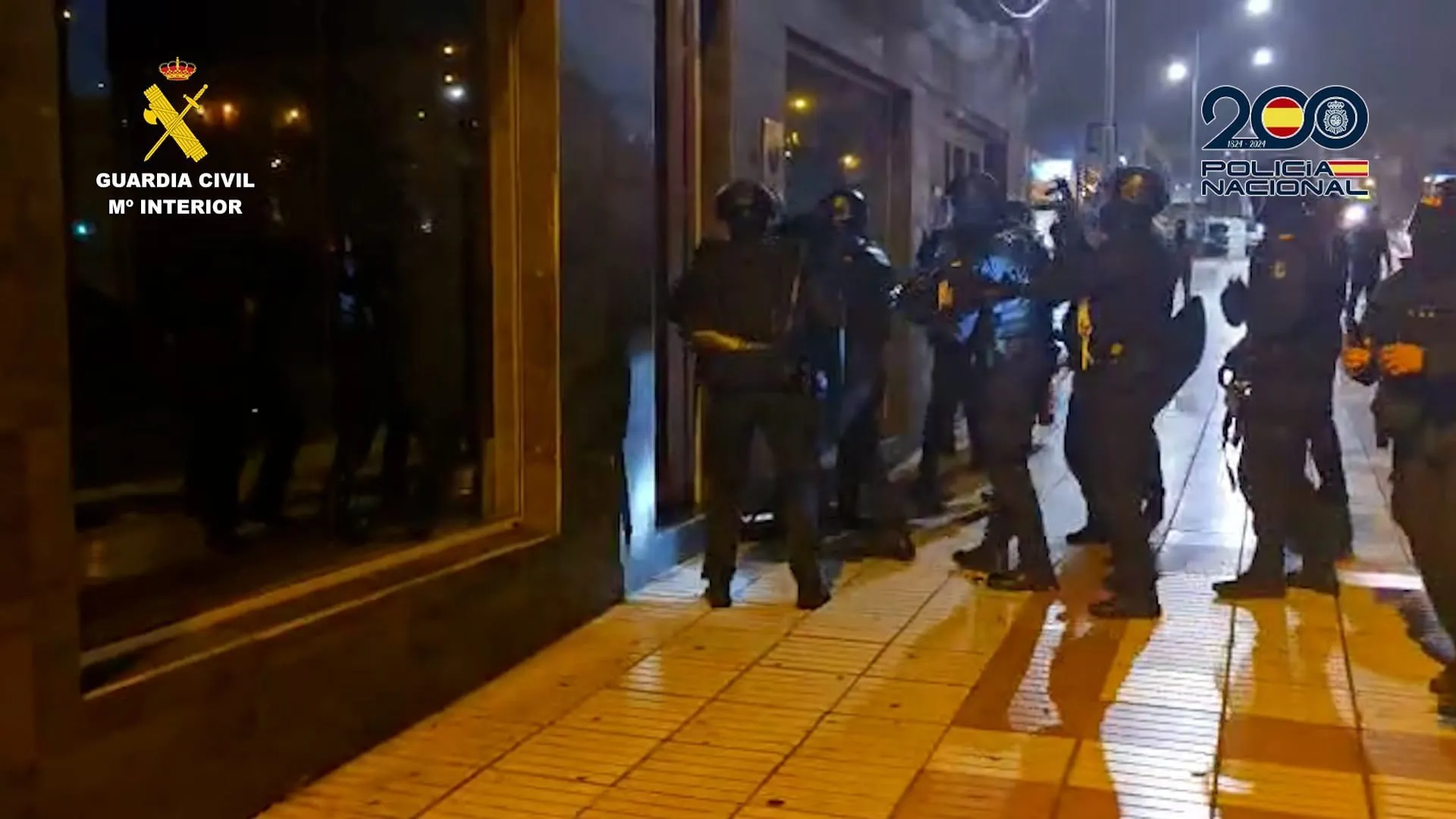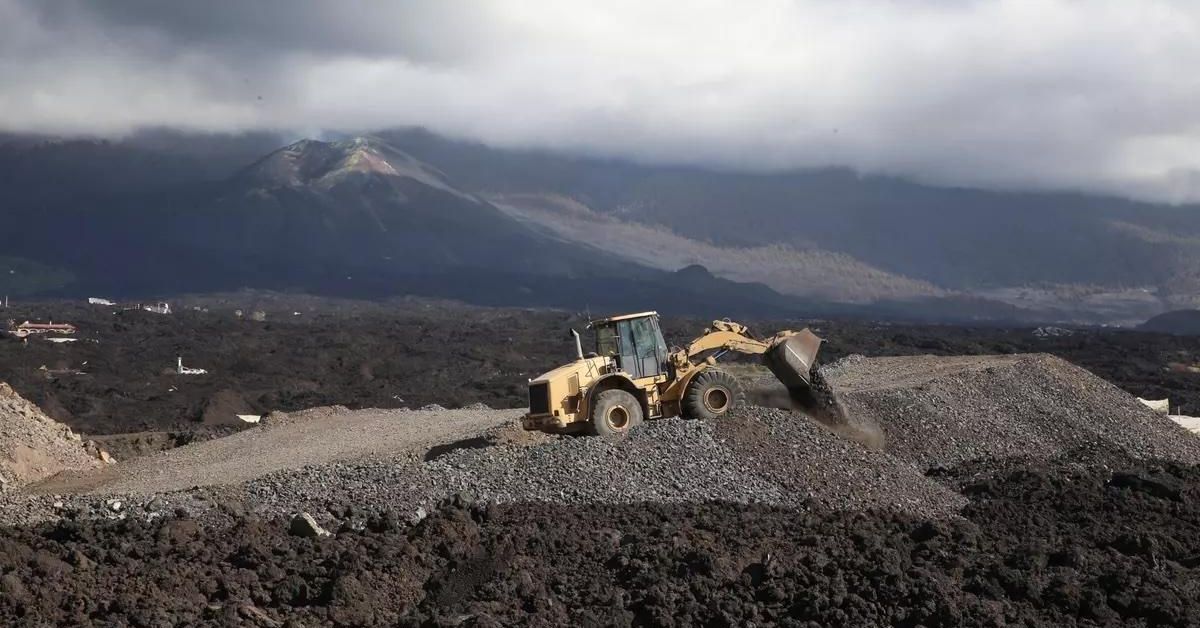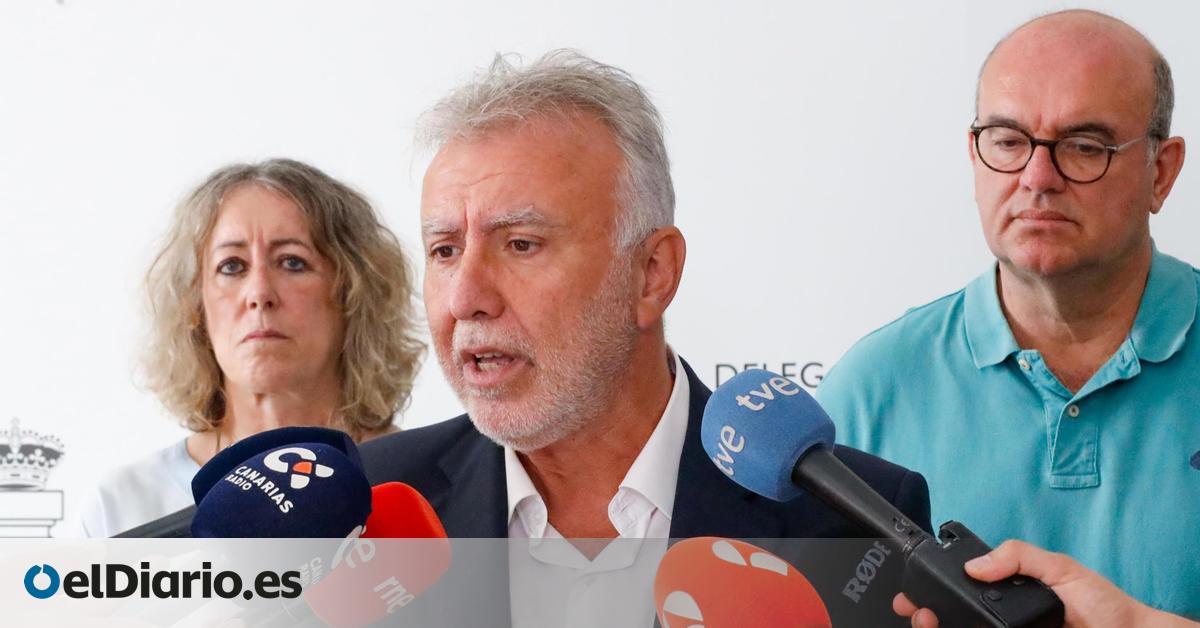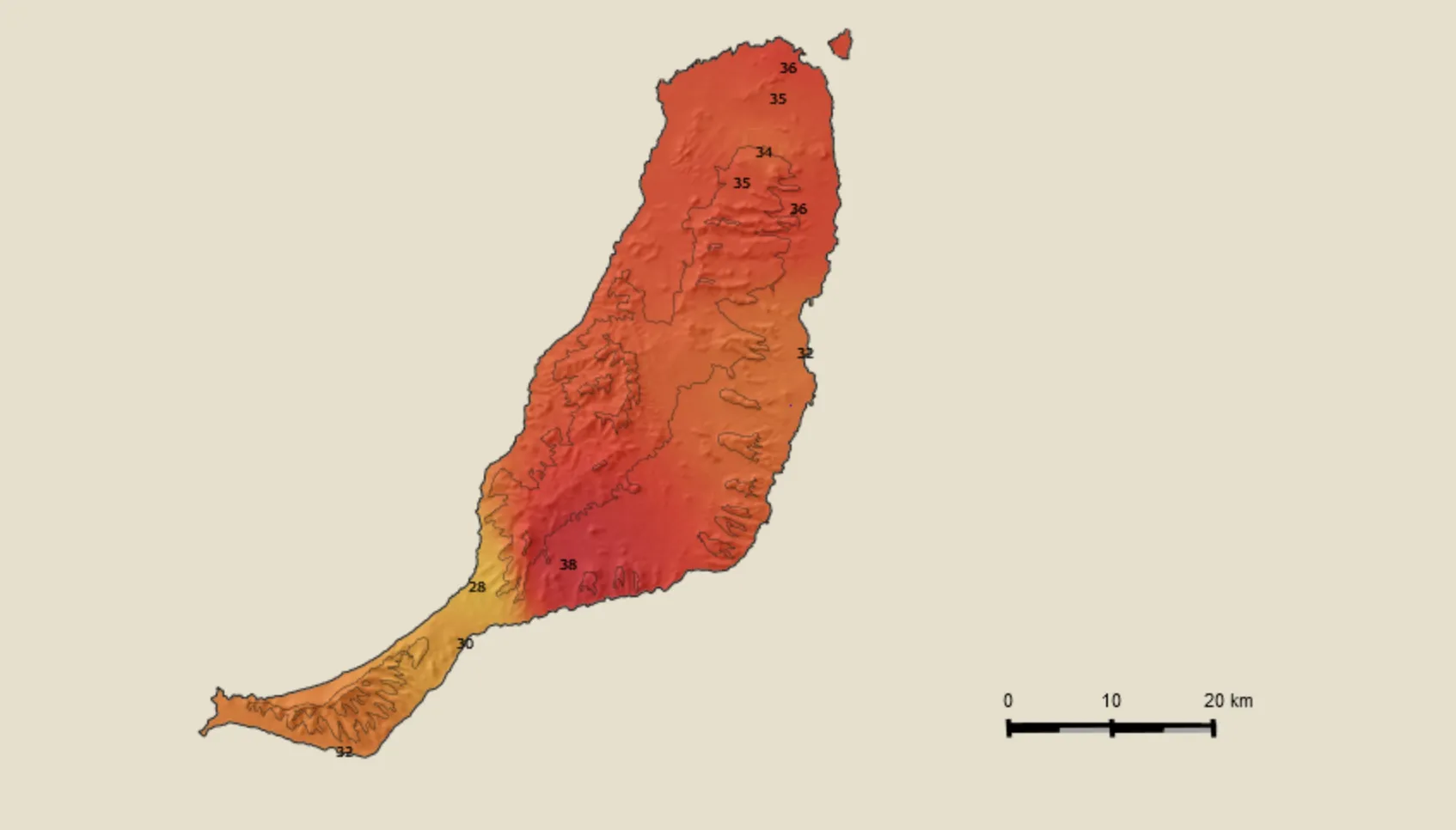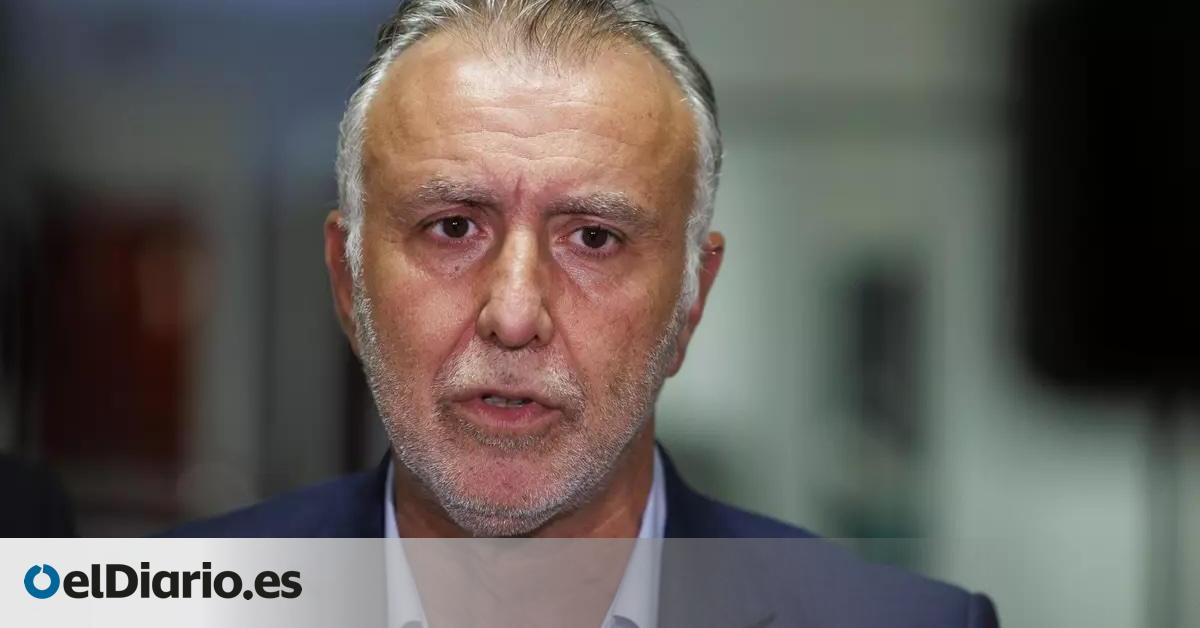The network of the notorious drug trafficker had connections on the island of Fuerteventura
The arrest of the Canary Islander known as ‘El Buque’ by the Civil Guard and the National Police, who surrendered himself earlier this week, has led to the dismantling of one of the most active drug trafficking networks in Spain. This operation has resulted in the arrest of a total of 17 individuals and the execution of 23 searches and seizures.
Earlier this week, the Government Delegate in the Canary Islands, Anselmo Pestana, indicated in statements to journalists during a public appearance that ‘El Buque’ had turned himself in to the National Police “precisely due to the pressure from the ongoing investigation,” which has facilitated “significant” arrests.
The capture of the gang leader, ‘El Buque’, is a “high-value target” for European police forces, according to a joint statement from the National Police and the Civil Guard. They noted that this investigation concludes after more than a year, during which the entire structure of the criminal organisation was dismantled by apprehending all its members for drug trafficking and membership in a criminal organisation.
It is worth mentioning that ‘El Buque’ was surprised in March 2025 during the kidnapping of his wife and child at the villa where they lived in an exclusive development in El Salobre, in southern Gran Canaria.
The dismantled network, which he allegedly led, specialised in importing large quantities of cocaine into Spain via boats, as it was an operation with “strong international ties” and a presence primarily in the southern area of Gran Canaria.
To conceal the drugs, they employed sophisticated methods, with shipments of several tonnes in each operation. The success of this operation has led to the seizure of around 100 kilos of cocaine and another 100 kilos of hashish following two high-seas chases by law enforcement.
Additionally, 24 vessels have been seized, and “so far” there have been 17 arrests made in Las Palmas de Gran Canaria, as well as in the islands of La Gomera and Fuerteventura.
Concerning the 23 entries and searches conducted in various judicial districts of Las Palmas de Gran Canaria and La Gomera, agents have managed to confiscate substantial sums of money, 14 properties that have been placed under the jurisdiction of the National Court, and 38 vehicles. They have also seized numerous computer and documentary materials for further analysis.
The investigation has been carried out by the Central Investigating Court Number 6 and has been supported by the Special Anti-Drug Prosecutor’s Office of the National Court. This operation has also benefited from the assistance of the UK’s National Crime Agency, the US Drug Enforcement Administration, EUROPOL, the Maritime Analysis and Operations Centre-Narcotics, and the Centre for Intelligence against Terrorism and Organised Crime.
These institutions are highlighted as having been “essential” in tracking the transnational movements of the organisation and intercepting their communications during critical phases of the investigation.


